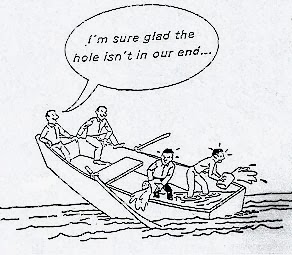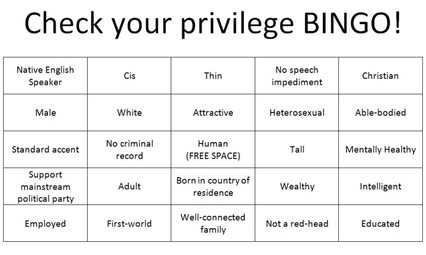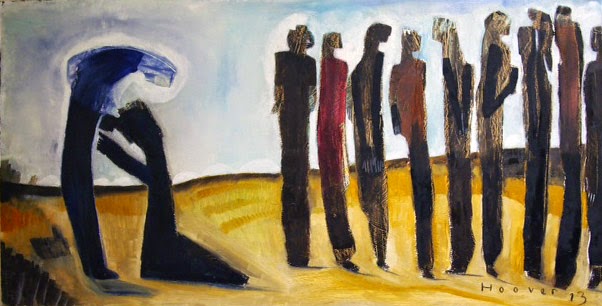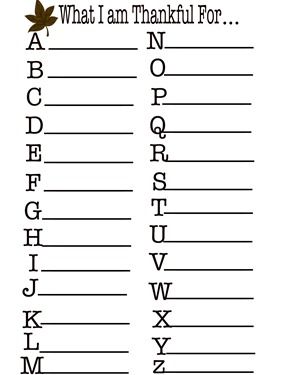|
The text this week is Luke 18:9-14.  There are two men in this story and both are attending the same church service. Both have dedicated a certain portion of their day to be in the temple, to say their prayers, to pay their tithes, to perform the appropriate rituals for the day. The two are way more similar in status than we might think. These next few paragraphs are from my very good friend, the Rev. Linda Pepe who sites Robert Lithicum. "The Pharisee's job was to teach the people the interpretation of, or more accurately, the official misinterpretation of the Torah so that they would believe that this unjust way their society operated was society as God designed and intended it to be. In other words, “if you’re a good Jew, obedient to the Torah, you’ll pay your taxes and tolls and never question it." The the tax collector was also part of the elite class of society. However, he was on the very bottom of the elite; he held no status and was looked down on by everyone higher than he. His job paid so little that he couldn’t possibly make ends meet for his family on his salary, so he was encouraged by his superiors to extort money from the peasants... So to be clear... the tax collector was working for the Pharisee!" Two men in this story and both are attending the same church service. Both have dedicated a certain portion of their day to be in the temple, to say their prayers, to pay their tithes, to perform the appropriate rituals for the day.  The first recites the ritualistic prayer known as the three blessings. It begins with thanking God for who he was not and ends with thanking God for him not being a Gentile, a slave or a woman. I read an article by Chana Weisberg, on why this shouldn't be offensive to a woman, for example. Essentially, she says that when a person prays these words, for starters, they are affirming who God created them to be. As if reminding themselves, God did not make us to be anyone but who we are. We must then go about the rest of the day in our own skin, with our own gifts, our own skills, all under the guidance and Lordship of God who has made us thus. The other thing she says is that she holds hope that when men pray this each day that also are acknowledging the world as it is, with all its flaws - it's mistreatment of women and slaves and Gentiles. When we acknowledge who we are not, we both acknowledge who we are and the privileges we carry with us. As we understand our privilege, we are more apt to work for justice and equality, love and respect.  The other man seemed to get that perhaps before he recited the three blessings. Maybe he understood the privilege with which he lived. Perhaps he simply couldn't say the proforma prayer anymore - there were too many women who could no longer feed their families if they were to pay taxes. There were too many slaves in and around the houses he frequented. There were too many people who had to suffer in order for the elite to decorate their homes and buy a new car and have the latest iphone. Oh wait. That's us. God, be merciful to us, sinners.
1 Comment
This week's text is Luke 18:1-8.  Photo by Catherine Elias Photo by Catherine Elias The text begins, "Jesus told them a parable about their need to pray always and not lose heart." The parable has two characters in it: a widow and a judge. The widow pesters the judge into giving her relief from an adversary. And the judge eventually grants the widows request, but only because of her persistence. He is uninterested in righteousness, toward God or toward humans. In the end the parable is speaking not only about persistence but about faithfulness, asking, "When the Son of Man comes will he find faithfulness on earth?" For Sunday, I am wondering about the faithfulness of both the judge and the widow. We can see clearly the faithfulness of the widow in her persistence. But the judge shows persistence too in that listening over and over takes persistence. Although we typically call that patience. Listening requires patience and kindness, self-control and even love. All of these qualities are qualities we would find in faithfulness. So, both characters show faithfulness in their own way. Both the persistence of asking for relief from an adversary and listening to the request for relief is exhausting. Patience, long-suffering is hard business.  Photo by Catherine Elias Photo by Catherine Elias I've written a memoir about my husband's diagnosis with Multiple Sclerosis and my journey in navigating and accepting the changes in our life together. In this memoir, I write quite a bit about prayer. I write about the way my prayers have changed over time. I write about how my understanding of the purpose of prayer has changed over time. i write about not knowing what to pray or when to pray... or who I was praying to. Here's an excerpt from the chapter in my memoir called "Really Very Small." ... So my consideration of prayer was less about finding the words to say but about who I was talking to. I've always quoted Mark Twain as saying, "God made man in his own image and man, being fair minded, returned the favor." It turns out Mark Twain didn't say that. Blaise Pascal did. Blaise Pascal was the mathematician/physicist turned theologian/writer. After he invented the calculator, he wrote a defense for God in a series of letters that were burned by the Catholic church in the mid 1600's. I believe the first thing I was taught about Pascal though was his "wager." He said this:  Photo by Catherine Elias Photo by Catherine Elias I remember when I wrote those words, I wasn't thrilled with Pascal's admonishment but at the same time it seemed that persistent struggling combined with persistent conversation with God had changed how I was comfortable with presenting requests to God. Persistent prayer is hard. Persistence had changed the nature of my prayer and it had changed me, the one praying. Here's another excerpt, this one from the chapter in called, "My Prayer Is a Sigh." I found this psalm, “All our days pass away under your wrath; our years come to an end like a sigh." I have to wonder about the changes in both the widow and the judge. In the end, how had their words and their listening, respectively, changed? And in what ways had their persistence taken on the characteristics of a sigh?
This week's texts are Luke 17:11-19 and Psalm 66. There are a few things going on that I'm not sure I've notice d before:
I'm really struck by the one seeing that he was healed. The Greek word is a word often meant metaphorically - to perceive or understand with an inward perspective. He was perceptive in a way the others weren't. I am really wondering if the others didn't know they were healed yet and that's why they didn't come back. I think more often than not, we're not really aware of what's going on within us. I think it's plausible that the other nine had their minds set on doing what Jesus said to do. He said to go to the temple; they were going to the temple. They followed instructions. Instructions are good. Rules are good. The Jewish law is filled with instruction for being healed, for being renewed to community, for being made right. Rules worked for these nine. But for the one who saw something had happened outside of the rules. Before he could get to the temple (and again he wouldn't have been allowed in) he was healed. He was an outsider and when we are on the outside, sometimes we're able to see or perceive things will happen outside of what is expected. Sure enough Luke sets up the story of the lepers with a little rant about following the rules and decorum of their culture. And leaves the story of the lepers with a look to their future where "things cannot be observed." The life that they have known is changing. The way they have gone about understanding life is not going to work anymore. So, the story for me is about much more than just giving thanks... although that's an undeniable part. In this case, the man has somehow been able to see life differently. He turned around in order to give thanks. He stopped the direction he was going. He was healed by another way - if he was looking for healing to come through the priest, it didn't happen like he thought it would. The practice of gratitude certainly helps us to see life from different perspectives. To practice gratitude is to actively seek a new perspective. But something happened to this man before he turned around to give thanks. Something happened to him before he thought it would happen. He was healed while they were in the "in between" space, at the border. His healing surprised him. How are we being surprised? Can God surprise us anymore? Are we paying attention? Perhaps we simply don't perceive the surprise that has happened. Some inclusive ministry ideas for gratitude. I'd ask folks to list the alphabet one and see which ones surprise them.
|
Search this blog for a specific text or story:
I am grateful for
|

This work is licensed under a Creative Commons Attribution-NonCommercial-ShareAlike 3.0 Unported License.



